Extreme restrictions are now over, and yet, some sectors are still not over the restriction brought about with the cash flow crisis on the whole world because of the COVID-19 pandemic. A few on the upper circles may have bounced back clear with a few body counts. But many of the MSMEs (micro, small-medium enterprises) are still trying extremely hard to build back with continuous impacts due to changing regulations in government policies and federal banks.
The credit market is one of the most hit sectors in the wave of coronavirus outbursts. The first six months demanded negligible socialization due to the infection rates, which are now under some control, and the recovery rate has already crossed 90 percent. The lockdown ensued globally went by as the consumers were forced inside their homes, and the sellers had no one to sell to, even on an e-commerce platform due to home delivery restrictions. This caused two major changes experienced like never before, shortcomings in cash flow in the entire economy, and people seeking credit for financial shortcomings due to unemployment.
Financial services, like banks and NBFCs (Non-Bank Financial Companies), have had to change the way of interacting with customers and the issuance of entry on-premises. The frequent changes in working policies and pay-cuts have raised the demands of credit products. Apart from that, the pandemonium of the global markets where investors are pulling out funds, selling for lower rates, and initiating downsizing is also causing troubles for the banks in terms of foreign exchange disruptions. In light of this terrible economic turbulence, here’s what the credit market is for borrowers and lenders.

The direct impact of corona on the economy
Unlike other outbursts of fatal viruses, which caused a heavy impact, like Ebola or HIV, the COVID-19 has a much larger scale of infection. A single touch or even aerial contact from one infected person was recently infecting at least 6 out of 10 people. This uncontrollable infection had to be stopped using a much larger information and restriction strategy. Trying to do this on an unrealistic short notice without hurting the economy has already been a great challenge for all industries and businesses.
Like a domino reaction, things affected each other. The employment line falling due to manufacturing and production being stopped and workplaces being shut down has caused a lot of people to look forward to temporary financial relief. Here’s a look at what is included.
Application for loan moratoriums and non-payment
The impact on businesses, both small and medium, has left organizations unable to pay both their employees and their investors. Employers themselves are going through a major financial crunch. They are having major salary deductions for themselves as well. Both the employer and the employee are looking for temporary cash flow to meet their basic requirements. The burden of which, eventually, falls on the banking and credit system.
That said, the demand for moratoriums on loans made a huge impact on banks. Since public banks are obligated towards the reserve banks, it is mandatory for them to report the non-incoming dues and bad debts, which is increasing the pressure on them to retrieve the money and circulate more cash in the market. The government is, however, contributing to the cause by allowing a moratorium on home mortgage loans and business loan repayment.
Demand for credit with lesser interest rates
The pandemic has left most of the civilian population helpless with negative impacts on their income. According to WHO’s report on the pandemic’s impact, about 3.3 billion, almost half of the population is at risk of losing their jobs and sources of income by the end of the pandemic. 16% of the population is already claiming to have lost 100% of their income stream. Given the steep loss in income, temporary personal credit, home loans, and vehicle loans, top-ups are in high demand.
That said, the rising competition in the credit market. However, banks have been forthcoming with attractive interest rates for their customers with personal credit schemes for reputed credit scorers.
Some loan schemes are even suggesting a short term loan for the crisis, some of which have already left the catalog. These schemes lend out to people with excellent credit history since it has been a bad few months for the banking system with loss in both income and customers due to the virus. There is going to be a struggle between banks to provide better credit schemes since all borrowers are looking for an easier way to pay back credit in spite of the staggering economy.












